Video summary
Stefan Westmann was a German conscripted in 1914, and recalls the terror and horror of being under heavy artillery fire in the trenches.
He expresses horror and regret at his own killing of a French soldier, and reflects on the inhumanity and brutality of war and how it made normal men killers.
He also remembers the kindness of the British in allowing the German to bury their dead after they had repelled a German attack.
This memory informed his decision to move to London when he needed to escape from Germany in the 1930s.
This is from the series: I Was There: The Great War Interviews.
Teacher viewing recommended prior to use in class.
Teacher Notes
Students could identify as many different features of fighting in the trenches as they can find.
The teacher could ask them to focus on the following features in particular: attitude towards the enemy; methods of attack and defence; attitudes of soldiers towards the war.
This clip will be relevant for teaching History at KS3, KS4/GCSE, in England and Wales and Northern Ireland.
Also at Third Level, Fourth Level, National 4 and National 5 in Scotland.
This topic appears in OCR, Edexcel, AQA, WJEC, CCEA GCSE and SQA.
Going over the top. video
Infantrymen recall the tense hours in the trenches prior to an attack.
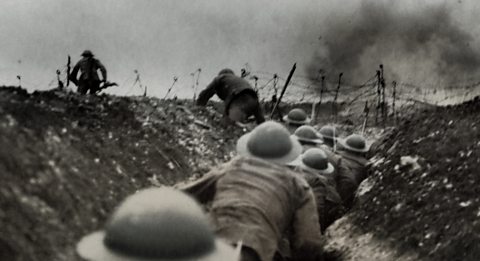
Horace Leslie Birks interview. video
Tank commander Horace Birks describes the impact of the supposed miracle machines.
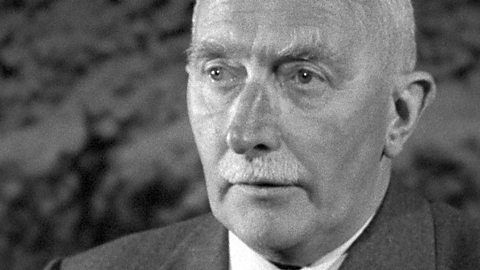
John Willis Palmer interview. video
John found it difficult to cope with the violence and apparent pointlessness of the war.
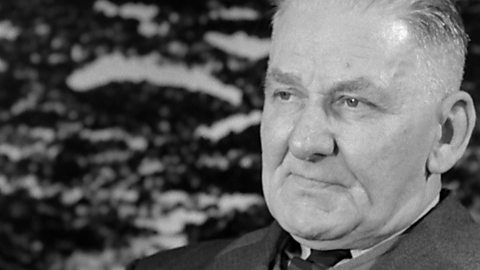
Attrition. video
The strains of war drove soldiers to desert their post or inflict a wound on themselves.
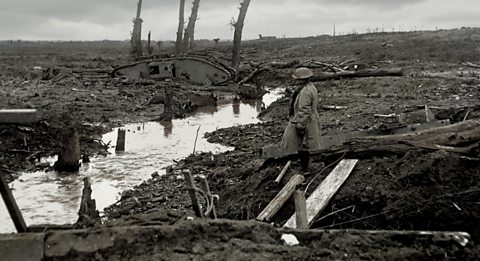
Life as a munitionette. video
Mabel was one of many women who put their lives at risk working in munitions factories.
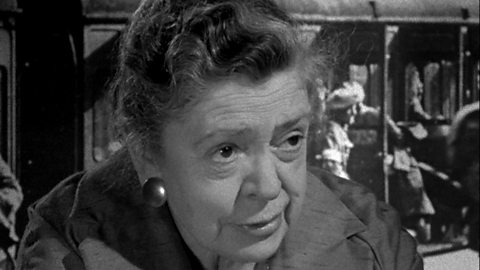
Life as an officer during WW1. video
Charles talks about coping with looming shellshock and aspects of an officer's life.
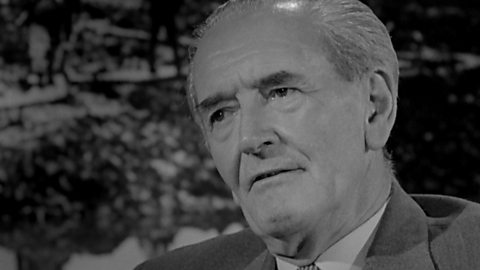
One woman's loss. video
Katie describes what the war was like from a young womanβs perspective in Manchester.
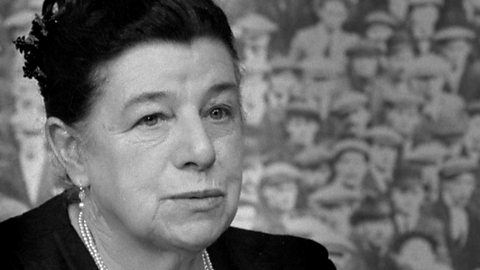
Recruiting soldiers in WW1. video
The different pressures which were applied to persuade young men to join up to fight.
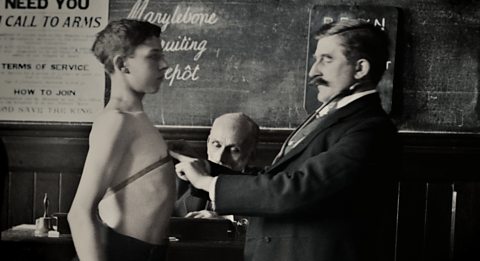
Respite. video
How men could relax and forget about life on the front line when behind the lines and get some respite from the war.
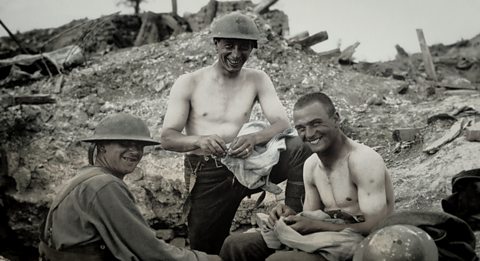
How did shell shock affect soldiers? video
Soldiers from both sides describe their experience of shell fire and the physical and psychological effects it had on them and their colleagues.
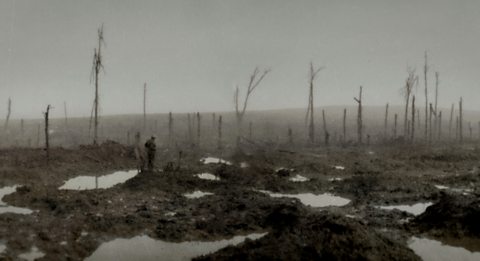
The Christmas truce, 1914. video
Henry describes his reaction to being called up and his experiences in the trenches.
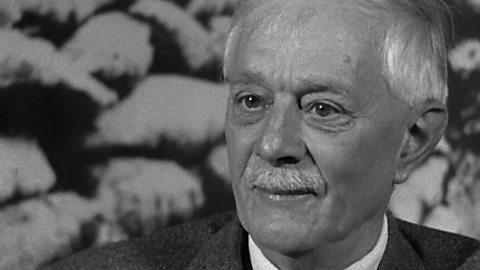
The Gallipoli campaign. video
Frank talks about fighting in the disastrous Gallipoli campaign in 1915.
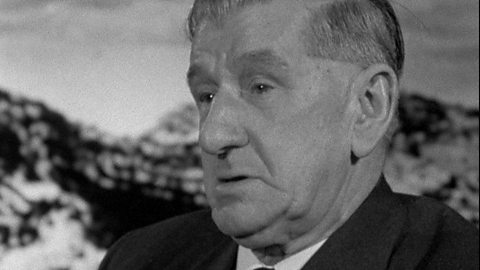
War in the air. video
Pilots identify the different experiences of men in the air, recalling the realities of combat and the tactics used to down an enemy aircraft.
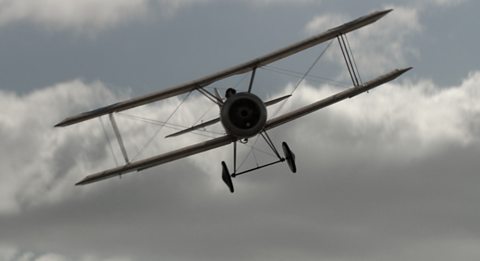
Being a pilot in WW1. video
Cecil Lewisβ experiences reflect how the role of aircraft changed in the course of WW1.
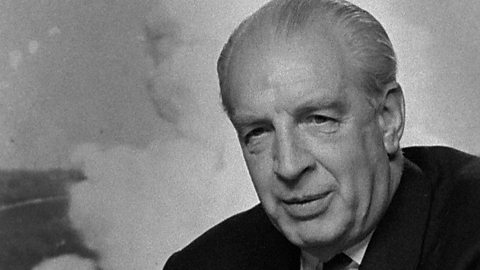
Changes on the home front during WW1. video
Relatives left at home describe what it was like coping whilst the men were away at war.
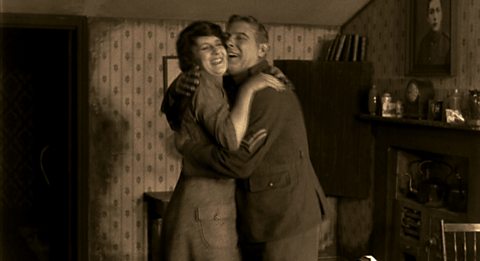
Death and survival. video
The experiences of a disillusioned soldier and the widow of a soldier killed in action
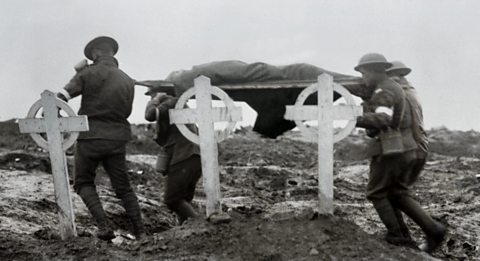
Μύ
Μύ